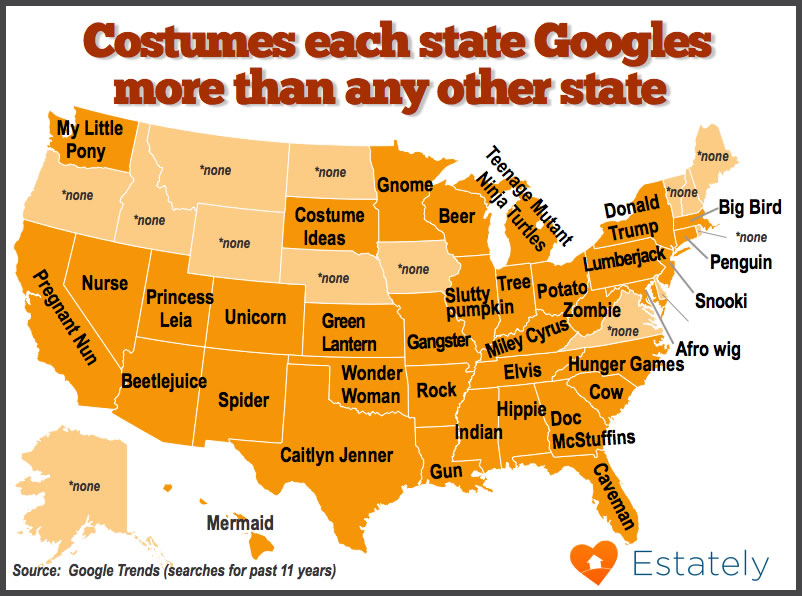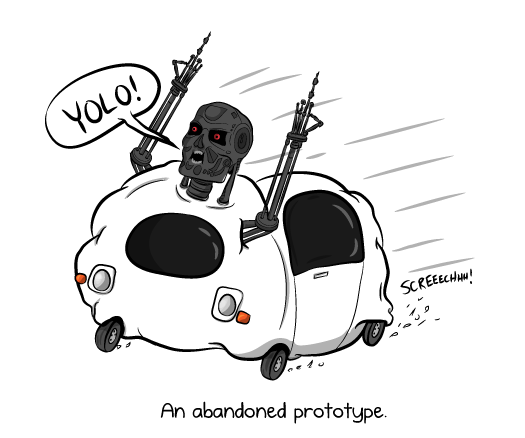People seem to be surprised that censorship generates pushback from the censored. In this case, the more active censorship of certain words by Twitter, Facebook and other social media companies has encouraged the targets of the censors to come up with other ways to communicate with fellow-minded people, in this case a simple substitution code:
Now a new type of hateful internet code appears to be emerging: The systematic use of innocuous words to stand in for offensive racial slurs. Search Twitter for “googles,” “skypes,” or “yahoos,” and you will encounter some shocking results, like this tweet: “If welfare state is a given it must go towards our own who needs. No Skypes, googles, or yahoos.” Or this one, reading “Chain the googles / Gas the yahoos.”
What does this mean? Nothing good. In this lexicon, “googles” means the n-word; “skypes” means Jews; and “yahoos” means “spic.” The word “skittles” has come to refer to Muslims, an obvious reference to Donald Trump Jr.’s comparing of refugees with candy that “would kill you.”
By all accounts the lexicon seems to have been conceived on 4chan — a message board famous for its trolls — as a response to Google’s improved method for identifying pages and comments with offensive content and potentially removing or flagging them. The title of the 4chan post that seems to have started it all is “RIP alt-right trolls, SkyNet is coming for you.” The trolls responded with a loosely organized effort called “Operation Google,” which aims to get around these algorithms, and to trick them into blocking the names of their own services and companies.
Hence the use of “google” to mean what is arguably the most offensive term of them all. For a fuller list, including coded anti-LGBT terms, click here. (Warning: It’s not pretty.) This list appeared on 4chan’s “Politically Incorrect” /pol/ board, and has been widely shared on Twitter and elsewhere, and similar terms can be found as well.






